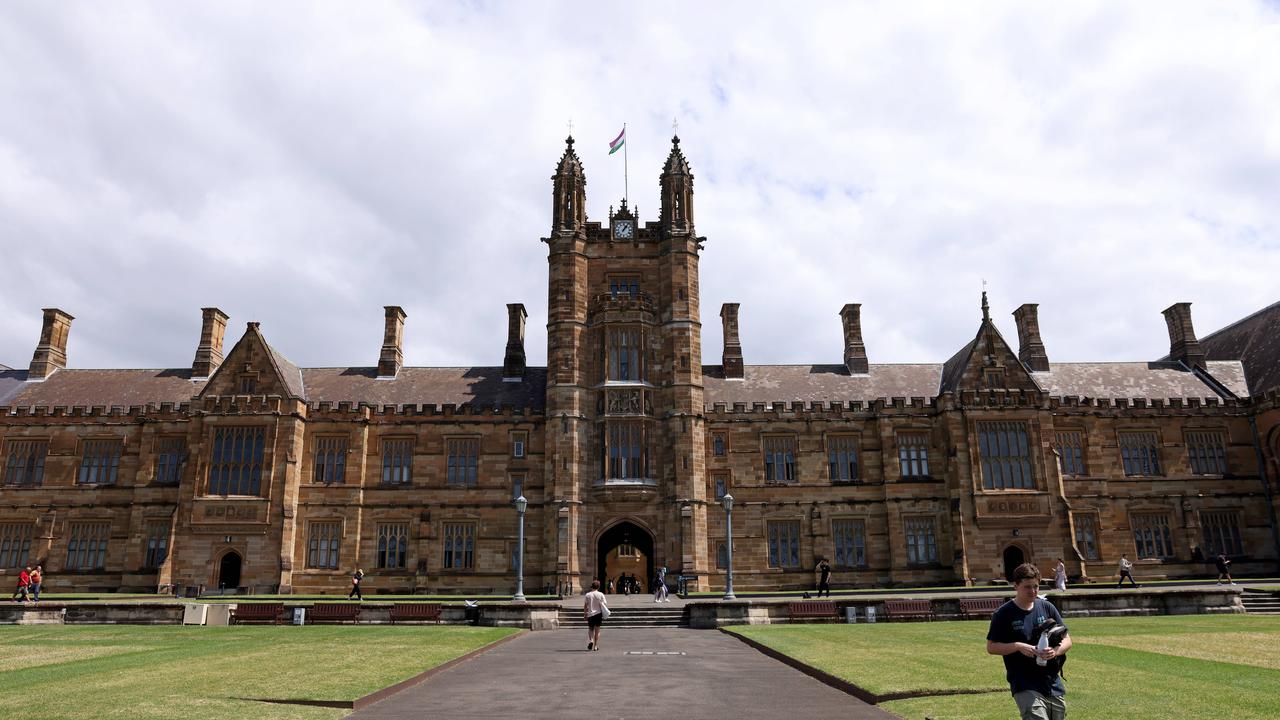New analysis reveals student debt on track to increase 16 per cent during Labor’s first term
New analysis has painted a grim picture for millions of Aussies in debt, and it comes with a plea to do something urgently.
Student debts are on track to have increased at least $12.3bn during Labor’s first three years of government, new analysis reveals, prompting an urgent call for action in next month’s budget.
New Parliamentary Library projections prepared for the Greens show the indexation rate set to hit student debts on June 1 will come in between 4.2 per cent to 4.8 per cent, the second highest on record following last year’s mammoth 7.1 per cent rate.
The analysis shows student debts would have increased by at least 16 per cent – or $12.3bn –
within the first three years of the Labor government unless action is taken before the new rate sets in.
Greens education spokeswoman Mehreen Faruqi said if Labor were serious about easing cost-of-living pressures, it must scrap indexation.

“Just talking about the cost-of-living crisis while ignoring the heavy burden of student debt is not going to ease the pain for anyone,” she said.
“Labor refused demands from the Greens to protect students from huge debt increases last year, but there is still time to stop the massive indexation hit coming again this June.
“Student debts are spiralling out of control, and the Labor government is sitting on its hands as it oversees an astonishing increase of 16 per cent in their first term of government.
“University and TAFE should be free and all student debt wiped, but let’s start with abolishing indexation and providing some relief to people being weighed down by an ever ballooning debt.”

Her pre-budget plea comes after US President Joe Biden announced his latest student debt relief plan, cancelling the debts of 277,000 Americans.
Back at home, Senator Faruqi said in an ideal world, student debts wouldn’t exist at all, but “at the very least, it shouldn’t be increasing at such a ridiculous rate”.
“Financial costs should never be a barrier to education. Yet the reality is, young people today are rethinking university after witnessing years of skyrocketing student debt under the Albanese government,” Senator Faruqi said.

Education Minister Jason Clare was in February handed the Australian Universities Accord final report that recommended the HECS-HELP system be made simpler and fairer, suggesting changes to how indexation was calculated and applied.
Mr Clare said the government would respond to the accord’s recommendations soon.
Anthony Albanese, appearing on a central Queensland radio station on Thursday, was asked about ballooning student debt and gave a hint that indexation was being looked at in preparation for the budget.
“I think there’s a range of areas we need to do much better for the younger generation, and HECS is one of them,” the Prime Minister said.
“We’re examining the recommendations (of the Universities Accord) and we’ll be making announcements pretty soon on that.
“We want to encourage more people to go to university and more people to get a TAFE qualification as well, because that will be so important for the jobs that will be available in the future.”
Originally published as New analysis reveals student debt on track to increase 16 per cent during Labor’s first term


